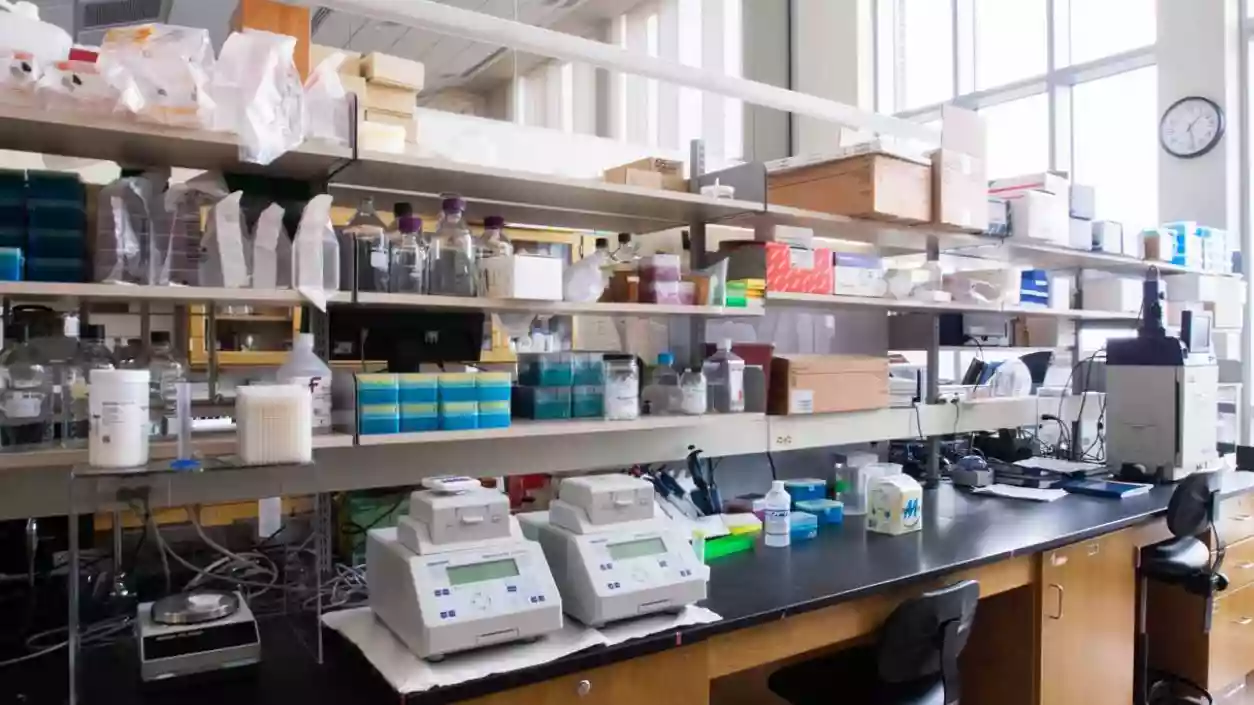.gif)
.gif)

India has officially launched the National Institute for Research in Bacterial Infections (NIRBI) in Bengal to address the increasing threat of antimicrobial resistance (AMR) and superbugs. The institute, a first of its kind in the country, is tasked with researching bacterial infections resistant to antibiotics, particularly focusing on the development of new antibiotics and alternative treatments.
AMR in India is a critical public health concern, with antibiotic-resistant bacteria causing thousands of deaths each year. Data from the Indian Council of Medical Research (ICMR) highlights that bacterial infections, especially those caused by resistant pathogens like Klebsiella pneumoniae and Acinetobacter baumannii, are becoming increasingly difficult to treat. Infections caused by these superbugs are responsible for a significant proportion of deaths, with the most vulnerable populations being newborns, the elderly, and immunocompromised individuals. According to estimates, AMR was responsible for the deaths of at least 300,000 individuals in 2019, including approximately 56,000 newborns.
NIRBI will conduct research aimed at understanding the mechanisms behind AMR, focusing on the development of new antibiotics and treatments that can overcome bacterial resistance. The institute will analyze bacterial samples from hospitals across the country to identify resistant strains and explore potential solutions. By researching pathogens that have shown resistance to multiple antibiotics, NIRBI will provide insights into how these superbugs are evolving and how to develop effective countermeasures.
The institute will also be responsible for developing clinical trials to test new treatments for AMR-related infections. NIRBI will operate under biosafety level-three (BSL-3) conditions, which offer the highest level of containment for working with dangerous pathogens. This will ensure the safety of researchers while working with high-risk bacteria, such as the ones that cause severe hospital-acquired infections. NIRBI’s research is expected to focus not only on traditional antibiotics but also on alternative therapies, including bacteriophage therapy, immune-modulatory treatments, and other innovative solutions.
The ICMR has been closely monitoring the spread of AMR in India through its Antimicrobial Resistance Research and Surveillance Network (IAMRSN), which has been collecting samples from hospitals across the country. The network found a significant presence of antibiotic-resistant bacteria in both public and private hospitals, particularly in intensive care units (ICUs) and outpatient departments (OPDs). In addition to Klebsiella and Acinetobacter, other bacteria like Pseudomonas aeruginosa and Staphylococcus aureus have shown high resistance to commonly used antibiotics, making treatment more challenging. The findings from this surveillance network highlight the urgent need for research into new antibiotics and alternative therapies to address the growing threat of superbugs.
In its efforts to tackle AMR, NIRBI will collaborate with various healthcare institutions and global research organizations to share data, resources, and knowledge. The institute's establishment is part of India’s broader strategy to address AMR and prevent its spread. With projections indicating that AMR could lead to 10 million deaths globally by 2050, India’s initiative to establish NIRBI is a significant step toward containing the rise of superbugs.
ICMR’s ongoing surveillance activities have already shown that bacterial infections, especially those caused by resistant strains, contribute significantly to sepsis-related deaths in India. Data from the surveillance network highlights the growing threat posed by AMR, with concerns that the rapid rise of resistant bacteria could outpace the development of new antibiotics. As NIRBI takes the lead in researching AMR, the institute will play a critical role in combating the global health challenge posed by superbugs.